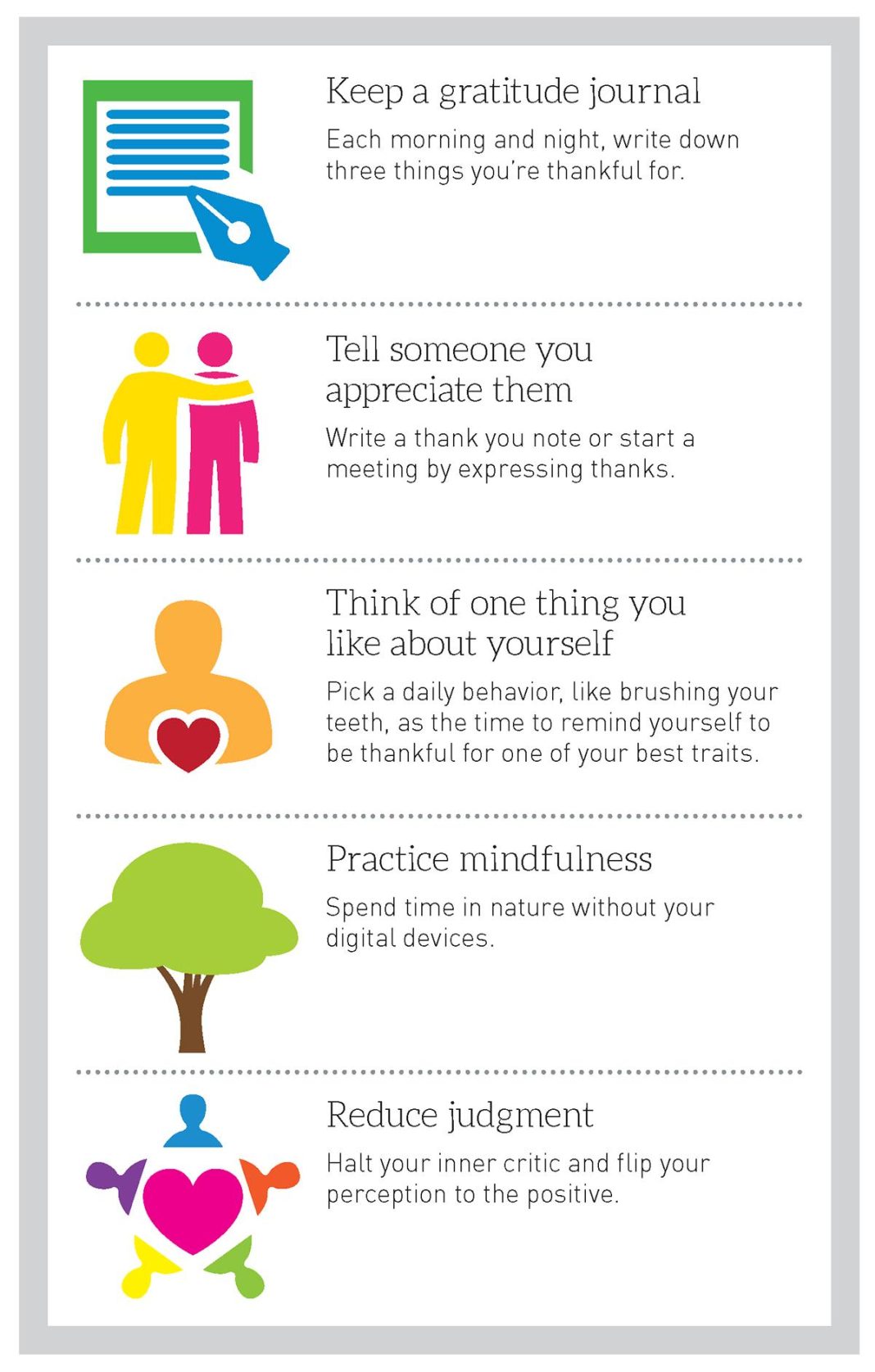In the intricate tapestry of human emotions, gratitude often emerges as a subtle yet powerful thread, weaving resilience into the fabric of our everyday lives. As we navigate the unpredictable landscapes of modern existence, the practice of gratitude has begun to gain attention not just as a fleeting sentiment but as a transformative tool for fostering emotional resilience. This article delves into the profound impact that gratitude practices can have on our ability to weather life’s storms, exploring the intersection where appreciation meets adversity. Through an exploration of scientific insights and personal narratives, we seek to uncover how cultivating gratitude can serve as a beacon of strength, illuminating paths to emotional well-being and fortitude in an ever-changing world.
Cultivating Emotional Fortitude Through Gratitude Practices
In the journey of life, the ability to maintain emotional balance amidst challenges is akin to possessing a sturdy ship in turbulent seas. Gratitude practices serve as the compass guiding us towards emotional resilience. By consistently acknowledging the good in our lives, we build a reservoir of positive emotions that act as a buffer against stress and adversity. This practice is not just about listing what we are thankful for, but truly immersing ourselves in the feeling of gratitude, allowing it to transform our perspective and emotional landscape.
- Enhances emotional awareness by focusing on positive experiences.
- Promotes a shift from scarcity mindset to abundance thinking.
- Fosters deeper connections and empathy with others.
- Boosts mental health by reducing symptoms of depression and anxiety.
Integrating gratitude into daily routines can subtly yet powerfully shift our emotional baseline. Whether through journaling, verbal expressions of thanks, or meditative reflection, each act of gratitude strengthens our emotional resilience, enabling us to navigate life’s challenges with greater ease and grace.
Understanding the Neuroscience Behind Gratitude and Resilience
In the intricate dance of neural connections, gratitude acts as a powerful conductor, orchestrating a symphony that enhances emotional resilience. At the core of this relationship lies the brain’s reward system, particularly the activation of the ventromedial prefrontal cortex and the release of dopamine. These elements foster a sense of pleasure and contentment, creating a positive feedback loop that enhances emotional well-being. By regularly practicing gratitude, individuals can effectively rewire their neural pathways, promoting a more resilient mindset capable of withstanding life’s adversities.
- Enhanced Emotional Regulation: Gratitude practices increase the activity in brain regions associated with emotional regulation, helping individuals manage stress and anxiety more effectively.
- Strengthened Social Bonds: Expressing gratitude can lead to the release of oxytocin, a hormone that strengthens social connections and fosters a sense of belonging.
- Increased Optimism: By focusing on positive aspects of life, gratitude shifts the brain’s attention away from negativity, cultivating a more optimistic outlook.
These neurological shifts underscore the transformative power of gratitude, highlighting its role not only as a simple act of thankfulness but as a cornerstone for building a resilient and robust emotional foundation.

Practical Strategies to Incorporate Gratitude into Daily Life
Integrating gratitude into everyday life can transform ordinary moments into extraordinary ones, fostering a deep sense of emotional resilience. Here are some practical strategies to seamlessly weave gratitude into your daily routine:
- Gratitude Journaling: Dedicate a few minutes each day to jot down things you’re grateful for. This can be as simple as a warm cup of coffee or the kindness of a stranger. Over time, this practice can shift your focus from what’s lacking to what’s abundant.
- Mindful Appreciation: Take a moment to pause and appreciate the beauty around you. Whether it’s the vibrant colors of a sunset or the laughter of a child, acknowledging these moments can enhance your emotional well-being.
- Expressing Thanks: Make it a habit to express gratitude to others. A simple “thank you” can go a long way in strengthening relationships and fostering a supportive community.
- Gratitude Rituals: Incorporate small rituals into your routine, such as a gratitude prayer before meals or a reflective moment before bedtime. These rituals can anchor your day in positivity and resilience.
By consciously integrating these strategies, you not only cultivate a habit of gratitude but also build a robust foundation for emotional strength and resilience.

Measuring the Long-term Benefits of a Gratitude-focused Lifestyle
Embracing a gratitude-focused lifestyle can weave profound long-term benefits into the fabric of our emotional well-being. Research has shown that practicing gratitude regularly can enhance emotional resilience, enabling individuals to bounce back more effectively from life’s inevitable challenges. By fostering a mindset that consistently seeks out the positive, individuals are better equipped to navigate through stress and adversity. This shift in perspective can lead to a more stable emotional state, allowing for increased adaptability and reduced feelings of overwhelm.
Incorporating gratitude into daily life can take many forms, each contributing uniquely to emotional resilience. Here are some effective practices:
- Journaling: Regularly jotting down things you are grateful for can help solidify a positive outlook.
- Mindful Reflection: Taking moments throughout the day to reflect on the good can cultivate a habit of appreciation.
- Gratitude Letters: Writing letters to express thanks to others can deepen connections and foster empathy.
- Verbal Acknowledgment: Simply saying “thank you” more often can enhance interpersonal relationships and personal satisfaction.
Through these practices, gratitude not only builds a buffer against stress but also nurtures a more optimistic and resilient approach to life’s uncertainties.








